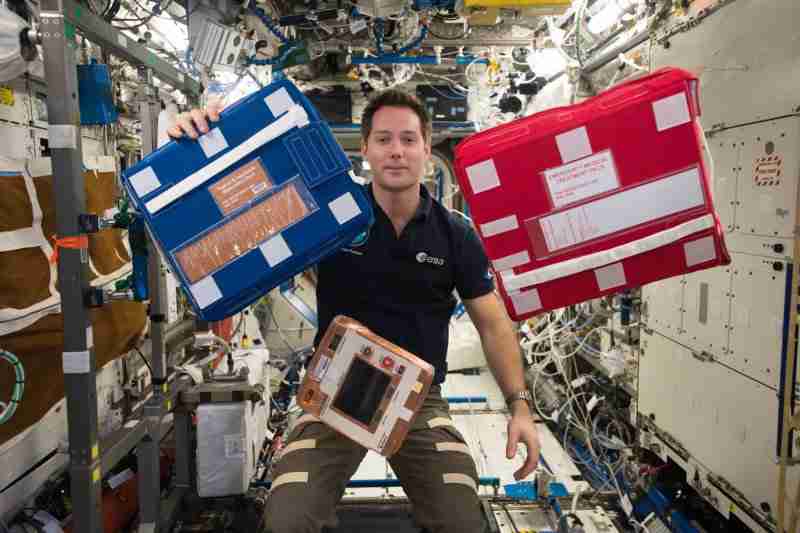In space, no one can hear you sneeze. But if an astronaut does catch the flu, it can be a major problem. With the nearest Walgreens several hundred kilometers away, every medication an astronaut could possibly need on a space mission must be packed beforehand. It makes designing a pharmacy for space extremely complicated.
On top of that, of course, space itself poses potential medical issues. That extreme environment is known to warp the human body, shift fluids, and shrink bones, among other things. But microgravity can also affect how medications are metabolized.
…
To better understand the mysteries surrounding what drugs would be effective for long-term stays in space, [professor Virginia] Wotring designed an iOS app that six crewmembers aboard the ISS volunteered to use for logging their meds in 2017. Every time they took a pill, the astronaut would record the drug name, the dose, the indication for taking the medicine, and whether they thought it worked.
…
Medication use, on average, was somewhat more than on Earth, Wotring and [Johnson Space Center’s LaRona] Smith found. Sleep was the most common reason for taking a drug, but mild painkillers like ibuprofen were also frequently swallowed. “Most medications were considered partially effective,” they wrote… NASA is in the process of adopting a similar protocol so they can better track their cosmonaut’s drug needs. Until then, a lot of unknowns remain.



































